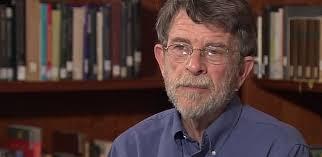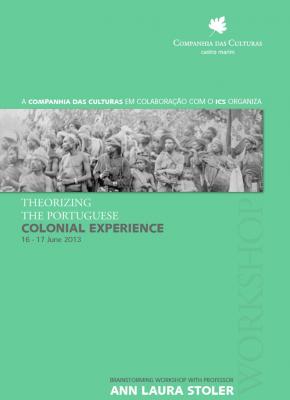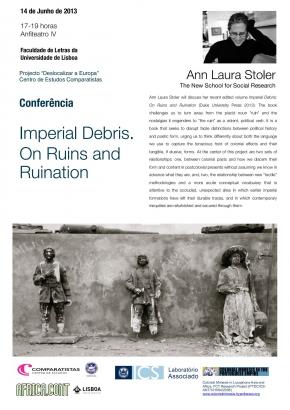ics
Posts tagged with ics
Archive
Author
- administrador
- adrianabarbosa
- Alícia Gaspar
- arimildesoares
- camillediard
- candela
- catarinasanto
- claudiar
- cristinasalvador
- franciscabagulho
- guilhermecartaxo
- herminiobovino
- joanapereira
- joanapires
- keitamayanda
- luisestevao
- mariadias
- marialuz
- mariana
- marianapinho
- mariapicarra
- mariaprata
- martacacador
- martalanca
- martamestre
- nadinesiegert
- Nélida Brito
- NilzangelaSouza
- otavioraposo
- raul f. curvelo
- ritadamasio
- samirapereira
- Victor Hugo Lopes
Data
- November 2025
- October 2025
- September 2025
- August 2025
- July 2025
- June 2025
- May 2025
- April 2025
- March 2025
- February 2025
- January 2025
- December 2024
Tags
- 4ª edição
- cultura angolana
- desenho
- dj Fofuxo
- emoções
- Fernando Pacheco
- FESTin 2016
- festival de poesia
- história da história da arte
- kwame sousa
- língua portuguesa
- memórias de um filme
- Olhares sobre o Racismo
- proposta
- recital
- Residência Artística – Programa de Arte Contemporânea
- Rigo
- Rio Tejo
- South Africa
- tempo colonial
Most read
- Cinema e memória das independências em debate na 3ª edição dos Encontros do Património Audiovisual
- Call Afro-Portugal
- Biblioteca Negra
- Lançamento Imaginários da Guiné-Bissau – o espólio de Álvaro de Barros Geraldo (1955–1975)
- Apresentação de "Virá que eu vi, Amazónia o cinema" e exibição de filmes, em Braga
- Foco de Artista – Mónica de Miranda
- Black Gaze – Mostra de Cinema Negro em Portugal
- OS TRANSPARENTES, de Ondjaki Estreia a 31 de outubro no Teatro Estúdio Ildefonso Valério
- Recursões: uma cartografia de territórios inacabados, com curadoria de Kiluanji Kia Henda e Margarida Waco
- Olivette Otele no ICS



 Ann Laura Stoler will discuss her recent edited volume Imperial Debris: On Ruins and Ruination (Duke University Press 2013). The book challenges us to turn away from the placid noun “ruin” and the nostalgias it engenders to “the ruin” as a violent, political verb. It is a book that seeks to disrupt facile distinctions between political history and poetic form, urging us to think differently about both the language we use to capture the tenacious hold of colonial effects and their tangible, if elusive, forms. At the center of this project are two sets of relationships: one, between colonial pasts and how we discern their form and content in postcolonial presents without assuming we know in advance what they are, and, two, the relationship between new “tactile” methodologies and a more acute conceptual vocabulary that is attentive to the occluded, unexpected sites in which earlier imperial formations have left their durable traces, and in which contemporary inequities are refurbished and secured through them.
Ann Laura Stoler will discuss her recent edited volume Imperial Debris: On Ruins and Ruination (Duke University Press 2013). The book challenges us to turn away from the placid noun “ruin” and the nostalgias it engenders to “the ruin” as a violent, political verb. It is a book that seeks to disrupt facile distinctions between political history and poetic form, urging us to think differently about both the language we use to capture the tenacious hold of colonial effects and their tangible, if elusive, forms. At the center of this project are two sets of relationships: one, between colonial pasts and how we discern their form and content in postcolonial presents without assuming we know in advance what they are, and, two, the relationship between new “tactile” methodologies and a more acute conceptual vocabulary that is attentive to the occluded, unexpected sites in which earlier imperial formations have left their durable traces, and in which contemporary inequities are refurbished and secured through them.